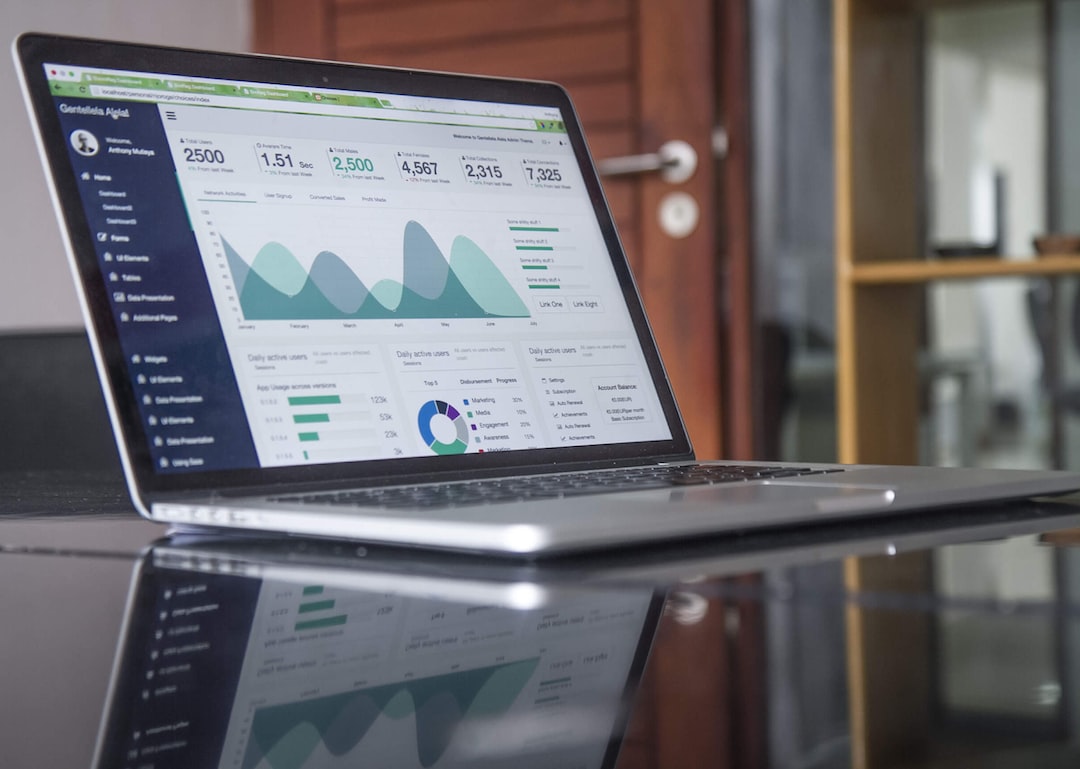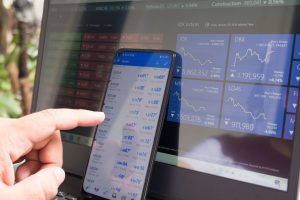The foreign exchange market, or forex, is the largest financial market in the world, with an average daily trading volume of over $5 trillion. Over the years, forex trading has evolved to become more accessible to retail traders, with the development of online trading platforms and the growth of forex brokers catering to this market segment. In this article, we will explore what the future of forex trading looks like for retail traders.
The Rise of Automation
One of the most significant trends in forex trading is the rise of automation. With advancements in technology, automated trading systems have become more sophisticated and accessible to retail traders. These systems use algorithms and computer programs to analyze market data and execute trades automatically.
Automated trading systems offer several advantages over manual trading, including the ability to analyze large amounts of data quickly and accurately, the ability to trade 24/7, and the elimination of emotional biases that can affect decision-making. As a result, we can expect to see more retail traders adopting automated trading systems in the future.
The Growth of Social Trading
Another trend in forex trading is the growth of social trading. Social trading platforms allow traders to share their trading strategies and performance with others, enabling novice traders to learn from more experienced traders and potentially earn profits by copying their trades.
Social trading platforms also provide a sense of community for traders, which can be helpful in combating the isolation that can come with trading. As the popularity of social trading continues to grow, we can expect to see more retail traders utilizing these platforms to improve their trading skills and connect with other traders.
Increased Regulatory Scrutiny
As the forex market continues to grow, regulatory bodies are paying closer attention to the activities of forex brokers and traders. This increased scrutiny is intended to protect retail traders from fraudulent activities and ensure that brokers are operating in a fair and transparent manner.
In recent years, regulatory bodies have imposed stricter regulations on forex brokers, including increased capital requirements and tighter restrictions on leverage. As a result, we can expect to see more brokers operating in a regulated environment and retail traders benefiting from increased protection and transparency.
The Importance of Education and Training
As forex trading becomes more accessible to retail traders, the importance of education and training cannot be overstated. Forex trading is a complex and risky activity, and novice traders can easily lose money if they do not have a solid understanding of the market and the tools and strategies used in trading.
Fortunately, there are many resources available to retail traders, including online courses, webinars, and trading communities. As the forex market continues to evolve, we can expect to see more emphasis placed on education and training to ensure that retail traders have the knowledge and skills they need to succeed.
Conclusion
In summary, the future of forex trading for retail traders looks bright, with advancements in technology making trading more accessible and efficient. Automated trading systems and social trading platforms offer new opportunities for traders to improve their skills and connect with other traders. However, increased regulatory scrutiny and the importance of education and training cannot be overlooked, as they are crucial for ensuring that retail traders are protected and successful in the forex market.





